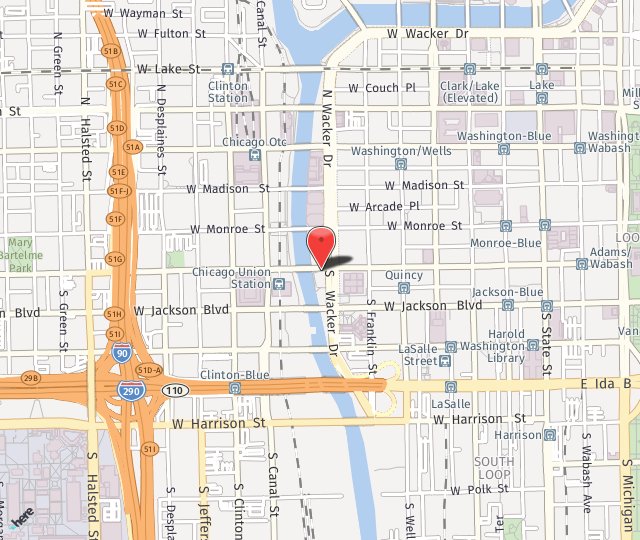CONSUMER RIGHTS LAW FIRM SERVING CLIENTS IN CHICAGO, ILLINOIS, AND NATIONWIDE
One of the most common venues for fraud and unfair business practices is the credit marketplace. Borrowers are vulnerable to illegal practices by lenders and credit card companies.
The consumer fraud lawyers at Markoff Leinberger are familiar with the relevant credit laws that are designed to protect you. We understand what constitutes a violation of these laws and we understand how to move forward with a claim on your behalf.
If you’re looking for an experienced Chicago consumer fraud attorney to help you with your case, please call Markoff Leinberger at 312-726-4162 to schedule a free consultation.
Fair And Accurate Credit Transactions Act
There are three laws that are relevant to most borrowers dealing with unscrupulous lenders. The first is the Fair and Accurate Credit Transactions Act, or FACTA.
Passed by Congress in 2003, FACTA requires the three credit reporting agencies (Equifax, Experian and TransUnion) to give you a free copy of your credit report every year. You can request a report from each company individually; put simply, you get three credit reports annually, one from each company.
The act also prohibits businesses from printing more than five digits of your credit card number on receipts and any part of your expiration date. Many lawsuits have been filed by customers who found their complete credit number and expiration date on a receipt.
Fair Credit Reporting Act
Initially passed by Congress in 1970 and amended several times since, the Fair Credit Reporting Act, or FCRA, regulates companies that compile consumer information and pass it along to those who request it for background and credit checks. This is important to you, as the people who acquire your information include:
- Landlords
- Potential employers
- Insurance Companies
- Credit card companies
The act requires companies that acquire your information establish procedures to, in the words of the Federal Trade Commission, “ensure that they report consumer information only to those with a legitimate purpose for it….”
You are allowed to seek relief through the courts if a consumer reporting agency misuses your information or if someone receives your information when they had no right to it.
Fair Debt Collection Practices Act
The Fair Debt Collection Practices Act, or FDCPA, was originally passed by Congress in 1977. It regulates the way debt collectors can behave when they attempt to collect a debt from you.
Under the law, debt collectors cannot:
- Annoy, abuse or harass you over the phone
- Contact you outside the hours of 8 am to 9 pm
- Continue communicating with you after you ask them to stop, except in limited circumstances
- Lie or mislead about the nature of your debt or its consequences
- Contact you at work after your employer has asked them to stop
Debt collectors must also identify themselves and provide verification of the debt.
If a third party debt collector violates the law, you may be able to file a suit. Because FDCPA uses a legal standard known as “strict liability,” you need only prove a violation of the act, not actual damages, in order to collect damages of up to $1,000, plus attorney’s fees. Markoff Leinberger has experienced debt harassment rights lawyers.
If you need a consumer fraud attorney because a credit agency or debt collector violated one of these credit laws, please contact Markoff Leinberger online or 312-726-4162 today for a free consultation.

